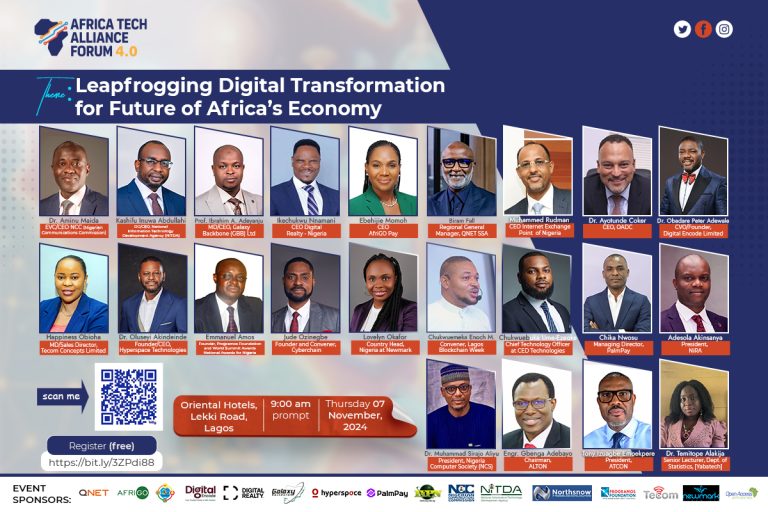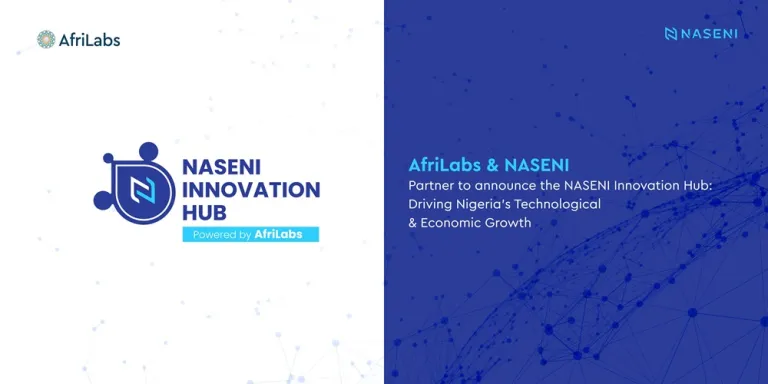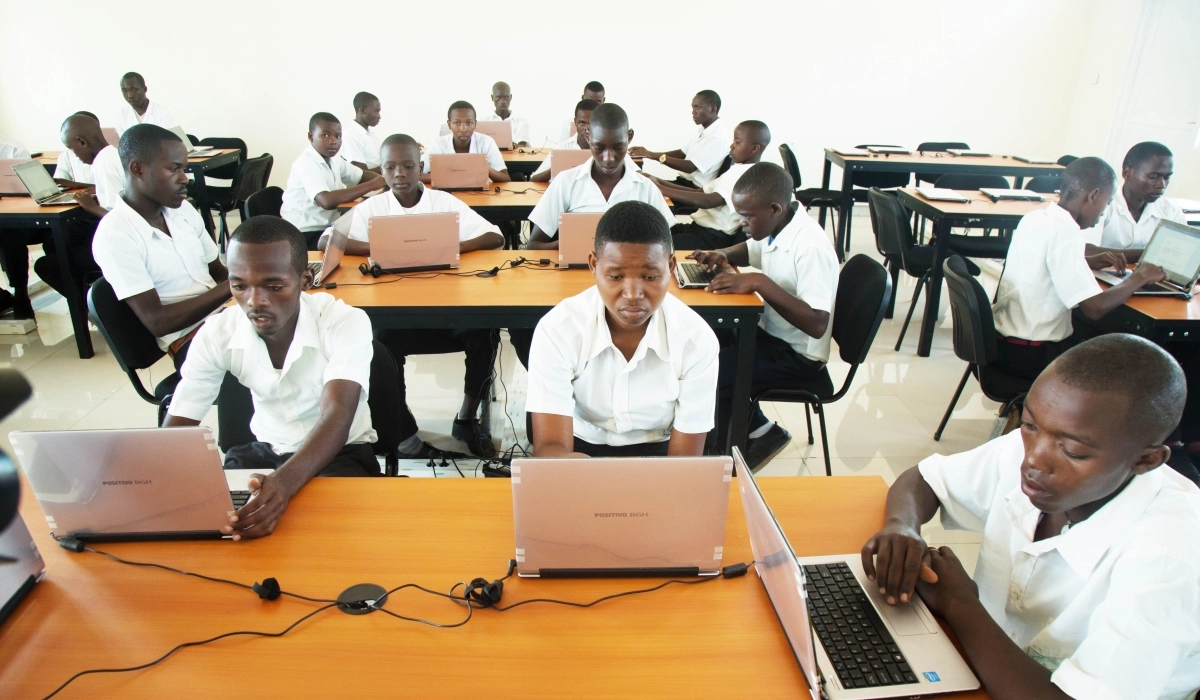The Future of Work: How Technology is Changing the Workplace and Job Market
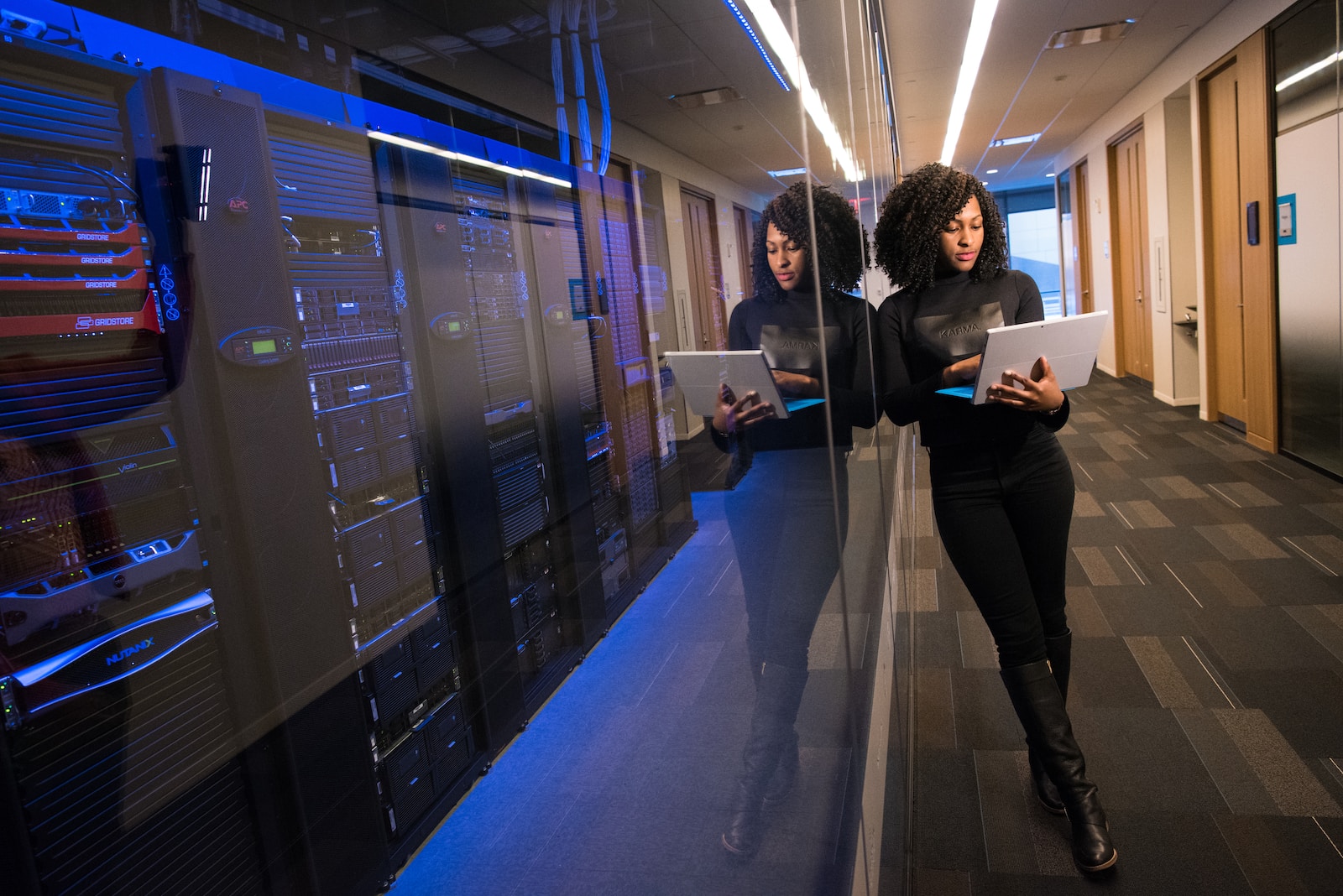
As technology advances at a breakneck pace, it’s transforming nearly every aspect of our lives, including the way we work.
The traditional 9-to-5 office job is no longer the only option, as remote work, gig work, and flexible schedules become increasingly popular.
In this article, we’ll explore the future of work and how technology is changing the workplace and job market. From the use of artificial intelligence to virtual and augmented reality, we’ll discuss the impact of technology on work and provide insights for both employees and employers.
The Evolving Workplace
From the industrial revolution to the digital age, the workplace has undergone significant change. The workplace is being transformed by technology in ways we could never have predicted. With the development of gig labor, remote work, and flexible hours, technology is transforming both the way we work and the types of jobs that are available.
The COVID-19 epidemic intensified the trend toward remote work and flexible schedules, which had been rising for years in the workplace. Technology played a crucial role in enabling many organizations to quickly adjust in order to maintain operations..
As a result, more employees are now working from home or working flexible schedules, and employers are embracing these new ways of working.
Technology has increased job flexibility, but it has also presented new difficulties for both businesses and employees. Some jobs are at risk of being overtaken by robots as automation and artificial intelligence spread. Data analysts, software developers, and virtual reality designers are just a few of the new career categories that are growing. Employees can position themselves for success in the future job market by embracing technology and upskilling.
Let’s examine the numerous ways that technology is altering the workplace and the employment market, from the usage of artificial intelligence and virtual and augmented reality to remote work and flexible scheduling. We’ll also offer advice on how to negotiate these changes and come to intelligent conclusions about the future for both employees and businesses.
1. Remote Work and Flexible Schedules

The pandemic accelerated the trend towards remote work, and many businesses have realized that it can be just as effective as traditional office work. Remote work allows employees to work from anywhere in the world, giving them more flexibility and work-life balance. Flexible schedules also allow employees to work when it’s most convenient for them, whether that’s early in the morning or late at night. This approach has been especially beneficial for working parents and caregivers.
However, remote work and flexible schedules also come with challenges, such as maintaining work-life balance, communication difficulties, and cybersecurity risks. Employers need to provide the necessary resources and support to ensure that their remote workers are productive and engaged.
2. Artificial Intelligence
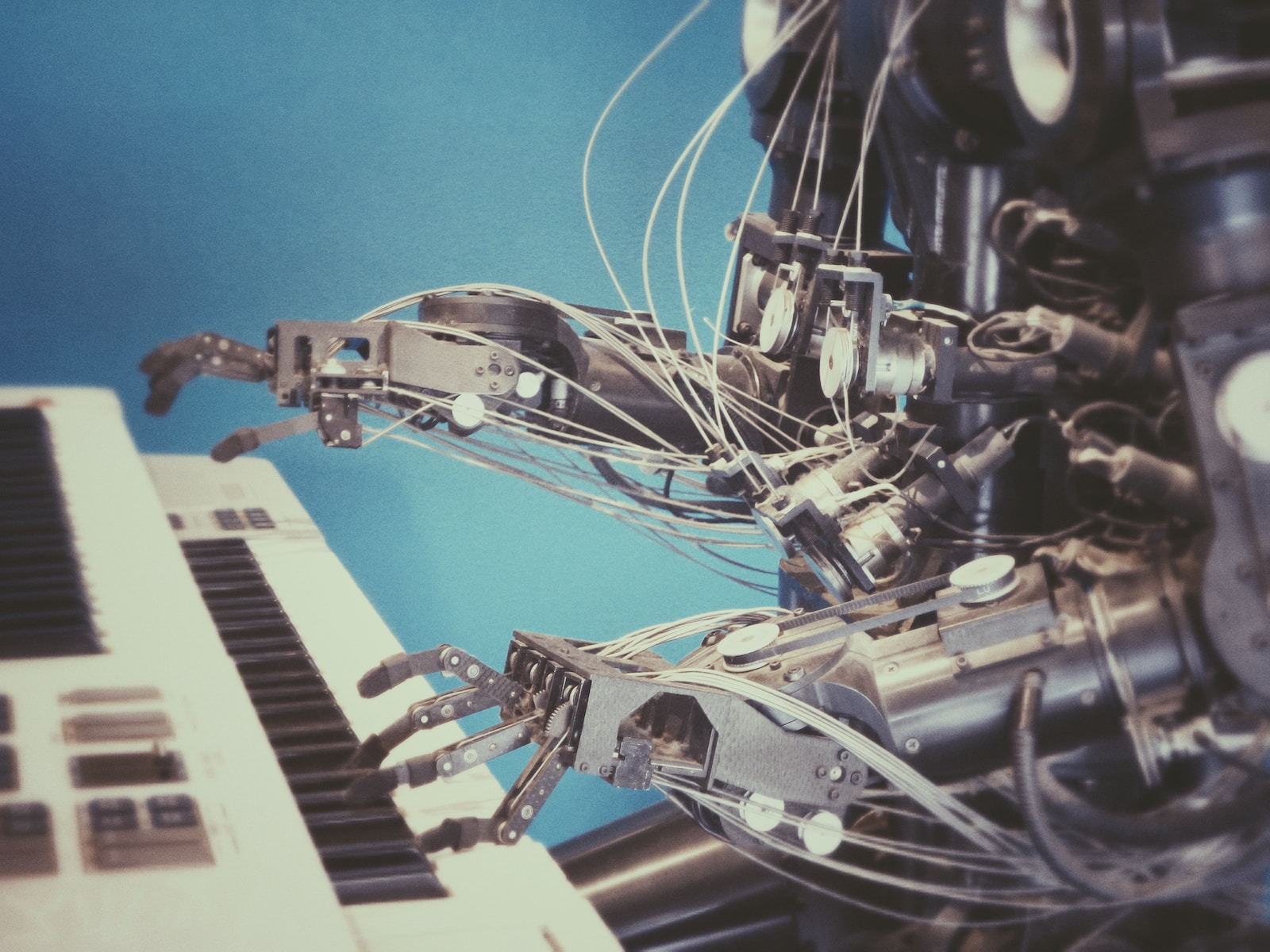
In many ways, artificial intelligence (AI) is altering the way we work, from automating monotonous chores to analyzing data and generating predictions. Healthcare, finance, and transportation are just a few of the sectors that AI has the power to completely transform and improve. But, there are also worries that AI may displace human employment, particularly in routine work.
Employees must reskill and upskill in order to be relevant in the AI era. Workers must learn new skills including in-demand ones like project management, programming, and data analysis. By providing training and development opportunities that emphasize these new abilities, employers must also make an investment in their staff members.
3. Virtual and Augmented Reality
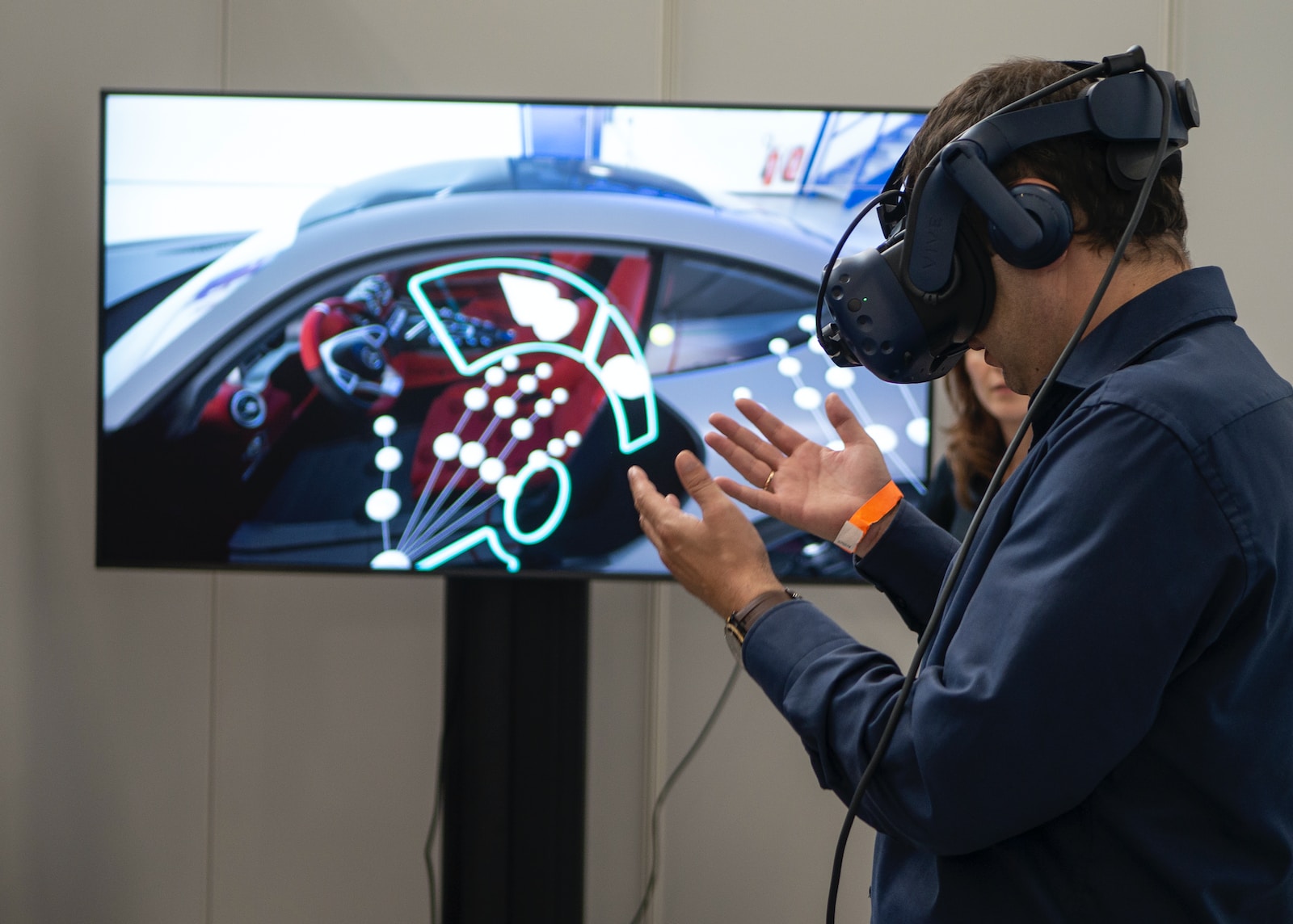
Virtual and augmented reality (VR and AR) technologies are gaining significant popularity in modern workplaces, particularly in fields like gaming, education, and healthcare. These cutting-edge technologies offer immense potential for employee training and simulation purposes, allowing workers to hone their skills in a safe and controlled environment. Furthermore, they enable remote collaboration, facilitating employees to collaborate and work together effectively irrespective of their physical locations.
Although still in its nascent stage of adoption, VR and AR hold great promise in revolutionizing the way we work. As technology continues to advance and become more affordable, we can expect to witness its integration into various industries and applications, bringing about unprecedented levels of innovation and efficiency.
Adapting to the New Work Culture
The current and future work environment is undergoing a transformational shift, largely influenced by technological advancements. Adapting to this evolving landscape is crucial for both employees and employers alike. The adoption of remote work and flexible schedules has become more prevalent, but necessitates addressing the accompanying challenges.
The rise of Artificial Intelligence (AI) presents both opportunities and threats to various industries. While AI has the capacity to revolutionize job processes, it also poses a potential risk to the replacement of human jobs. Additionally, Virtual and Augmented Reality technologies, though still in their nascent stages of implementation, exhibit the potential to significantly impact the way we work and collaborate. It is imperative that organizations remain cognizant of these transformations and proactively adjust to the changing work culture.
Employees must upskill and reskill, obtaining new, in-demand abilities, to prosper in the job market of the future. Companies must make an investment in their staff by providing training and development opportunities that emphasize these fresh talents. Together, we can design a workplace of the future that is more productive, efficient, and fulfilling for all parties involved.
In conclusion, the world of labor is thrilling and brimming with potential. We may anticipate the emergence of new job categories and working practices as technology continues to advance. We may position ourselves for success in the upcoming employment market by accepting these changes and making the necessary adjustments.


